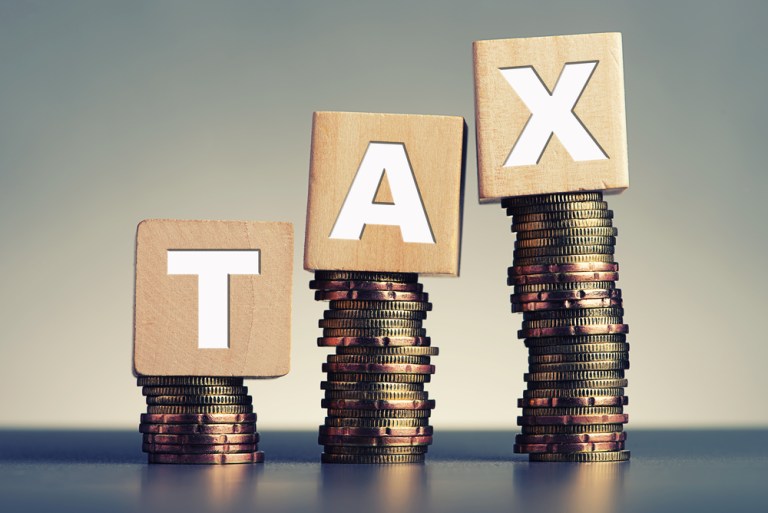Small Business Accountants Lacking Clarity This Tax Season

Small businesses (SMBs) and their accountants are facing some uncertainties this tax season, with a lack of clarity on new tax laws presenting a challenge for firms seeking an exemption.
Reports in the Associated Press (AP) on Wednesday (Jan. 9) said the Internal Revenue Service’s (IRS’) previous guidelines, issued to help small business owners understand whether they qualify for a tax deduction, have not answered all questions that accountants and tax advisors have.
Under the deduction, as much as one-fifth of small business income could be exempt from taxes, reports said. However, according to the publication, even advisors and tax attorneys who attended seminars and read the literature on the new guidelines are not entirely clear on the qualifications, particularly as the tax law relates to service providers.
“There’s a lot of conflicting advice out there,” said CPA Jeffrey Berdahl at RLB Accountants, based in Pennsylvania. “It’s going to be like the Wild West.”
The tax law’s deduction was designed to provide a tax break to sole proprietors and owners of so-called S corporations. Business owners who qualify, and see less than $157,500 in taxable income, can get a full deduction of 20 percent on their qualified business income.
There are many caveats to the rules, though, reports explained, including how a firm’s W-2 wages or property values impact their qualification. Certain service providers like attorneys, accountants or healthcare providers are excluded from the deduction as well. The tax law also requires some businesses to keep separate records for different types of work they perform, while there are other ways that business owners with multiple businesses can interpret the law.
Some experts have suggested filing for an extension so entrepreneurs can have more time to figure out whether they qualify.
“It may be wise to [get an extension] with more clarity coming from Congress or Treasury,” said another CPA, Ed Reitmeyer at Marcum, though he added that “with the government shutdown, and the political atmosphere surrounding tax policy, it may take well into the summer to gain any clarity at all.”